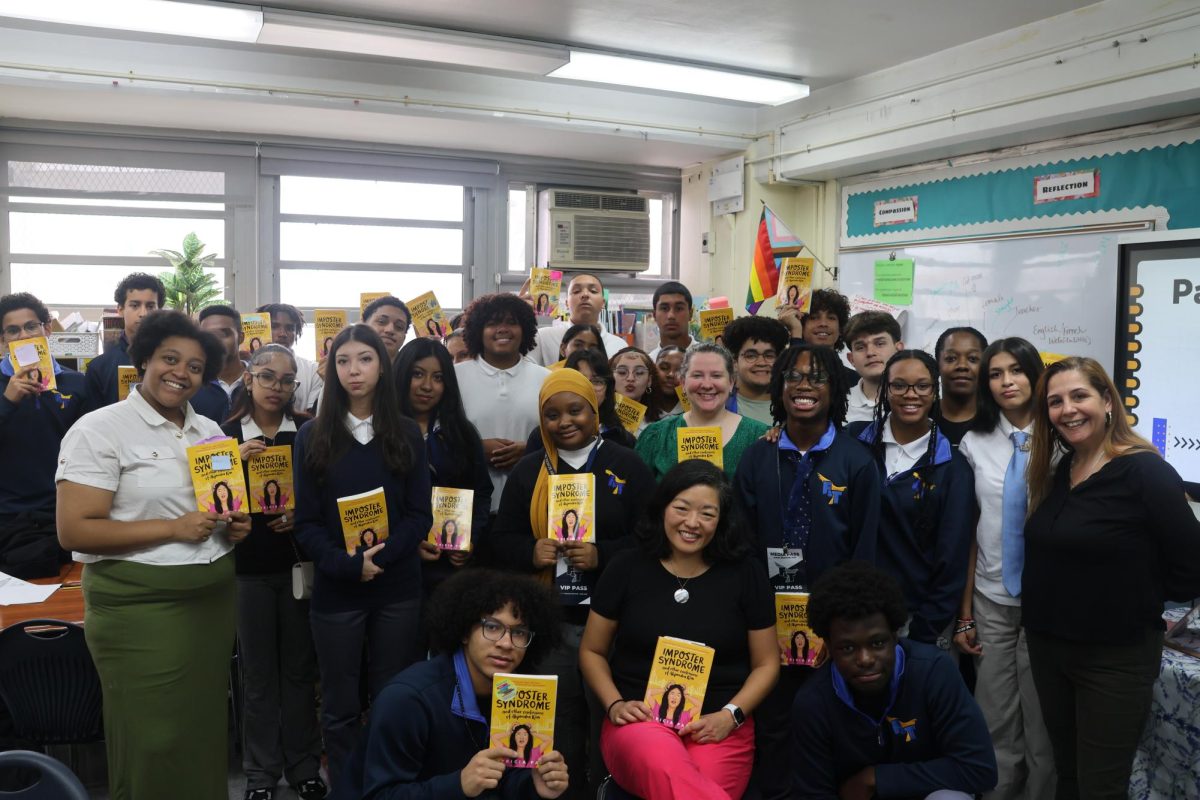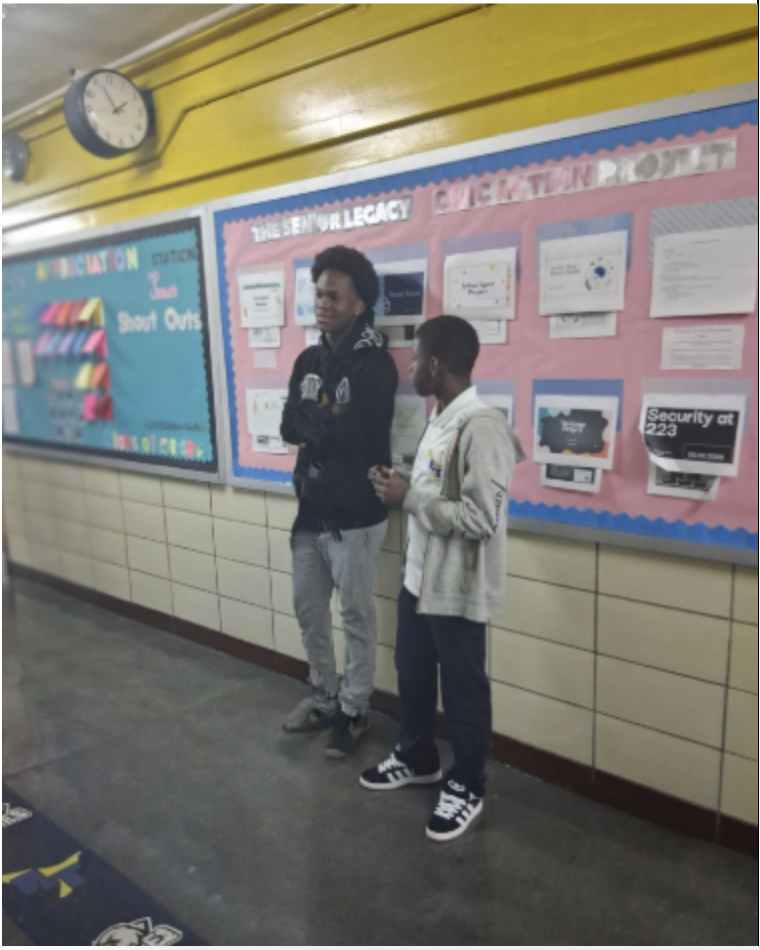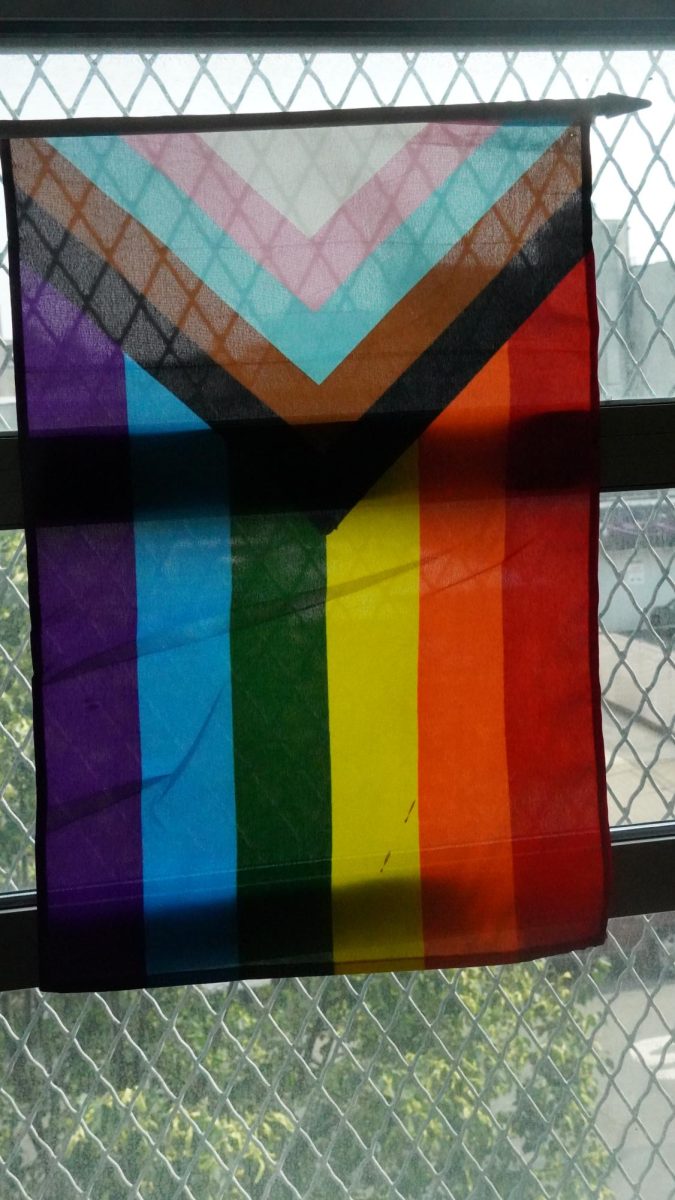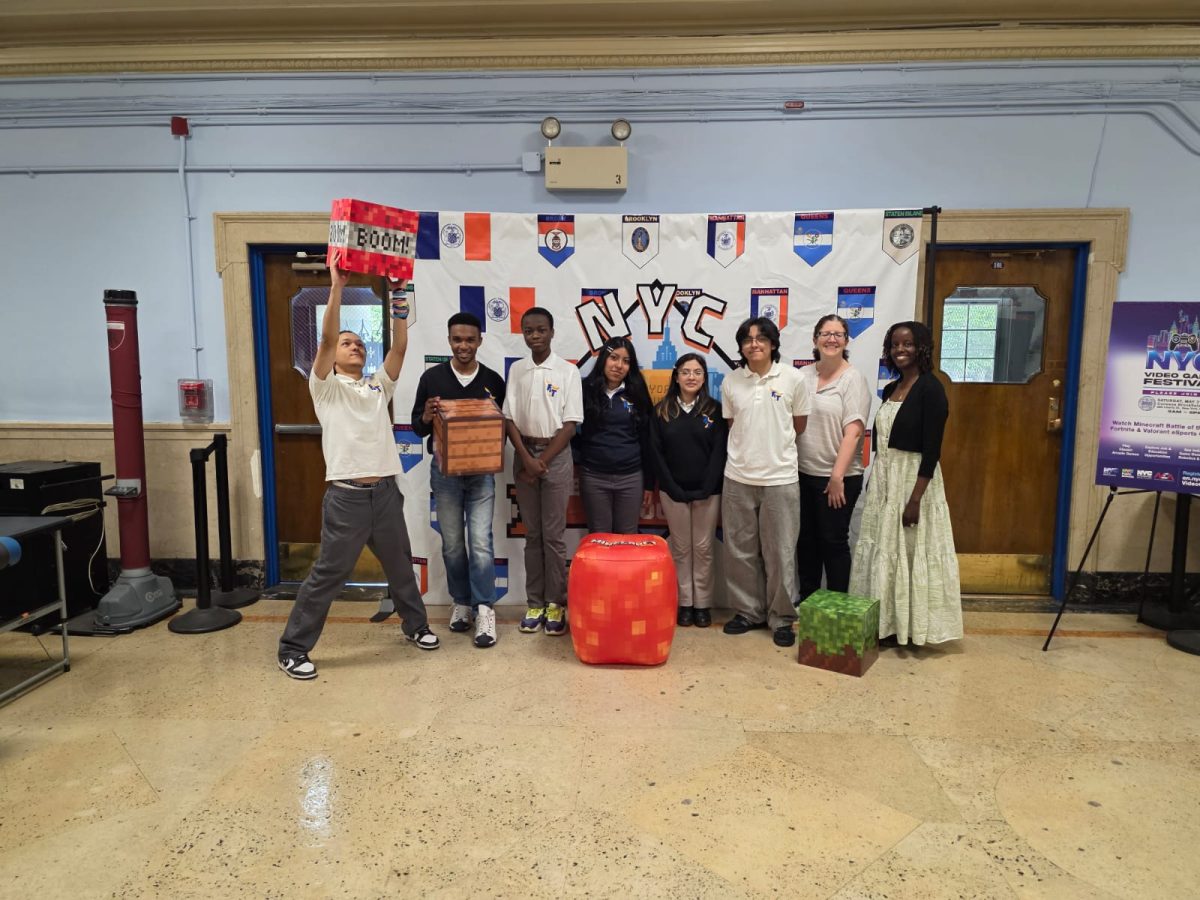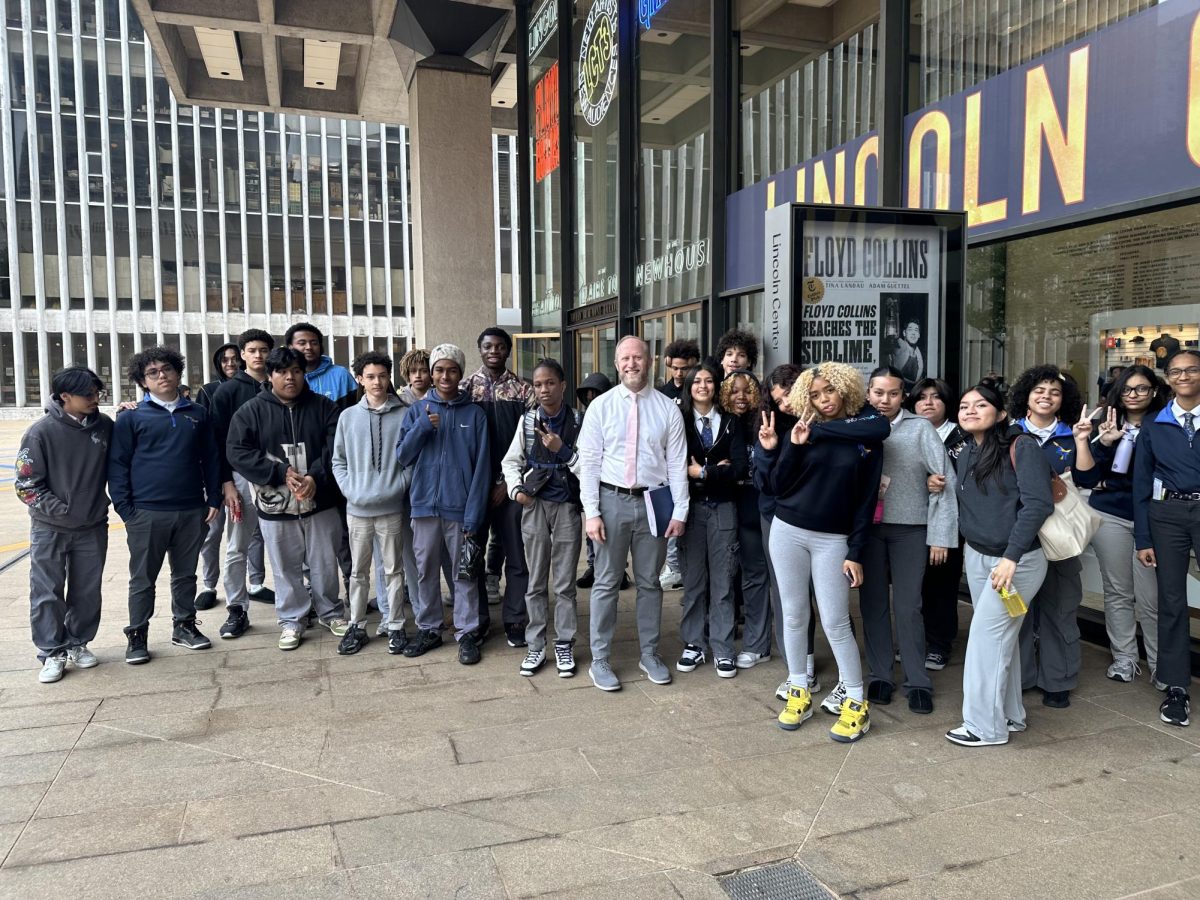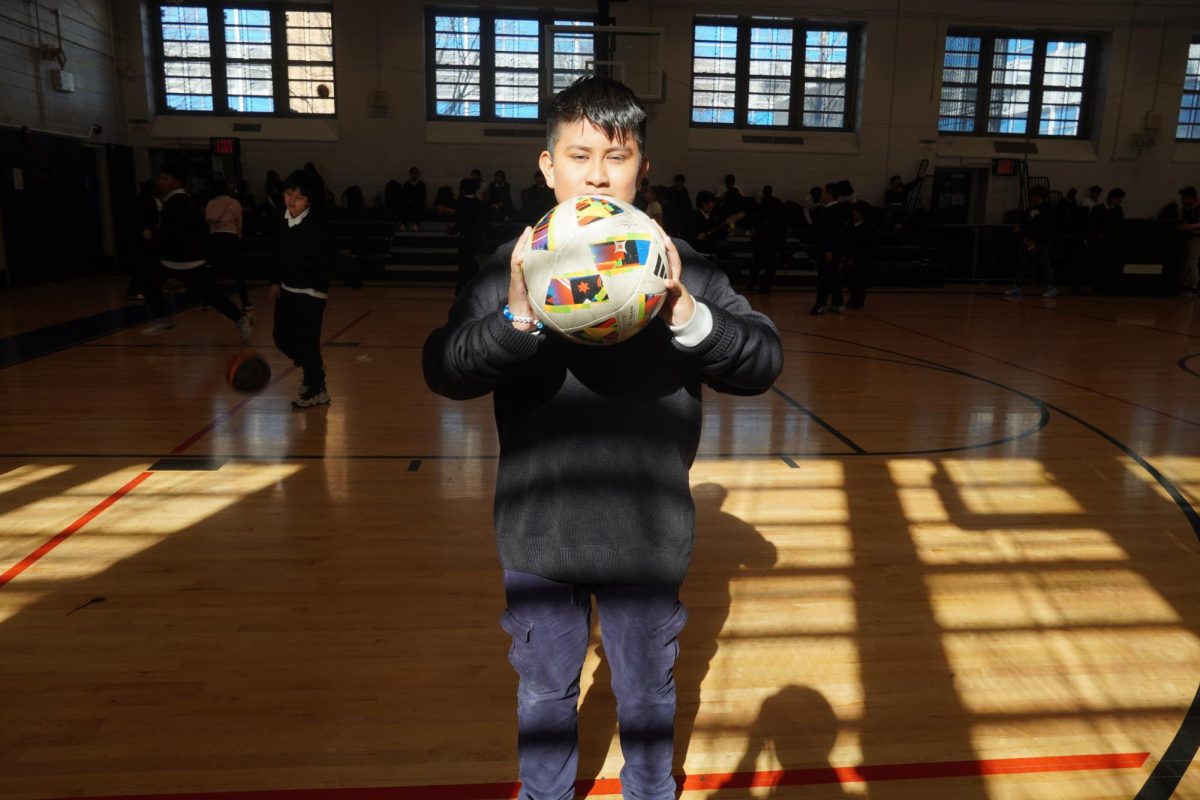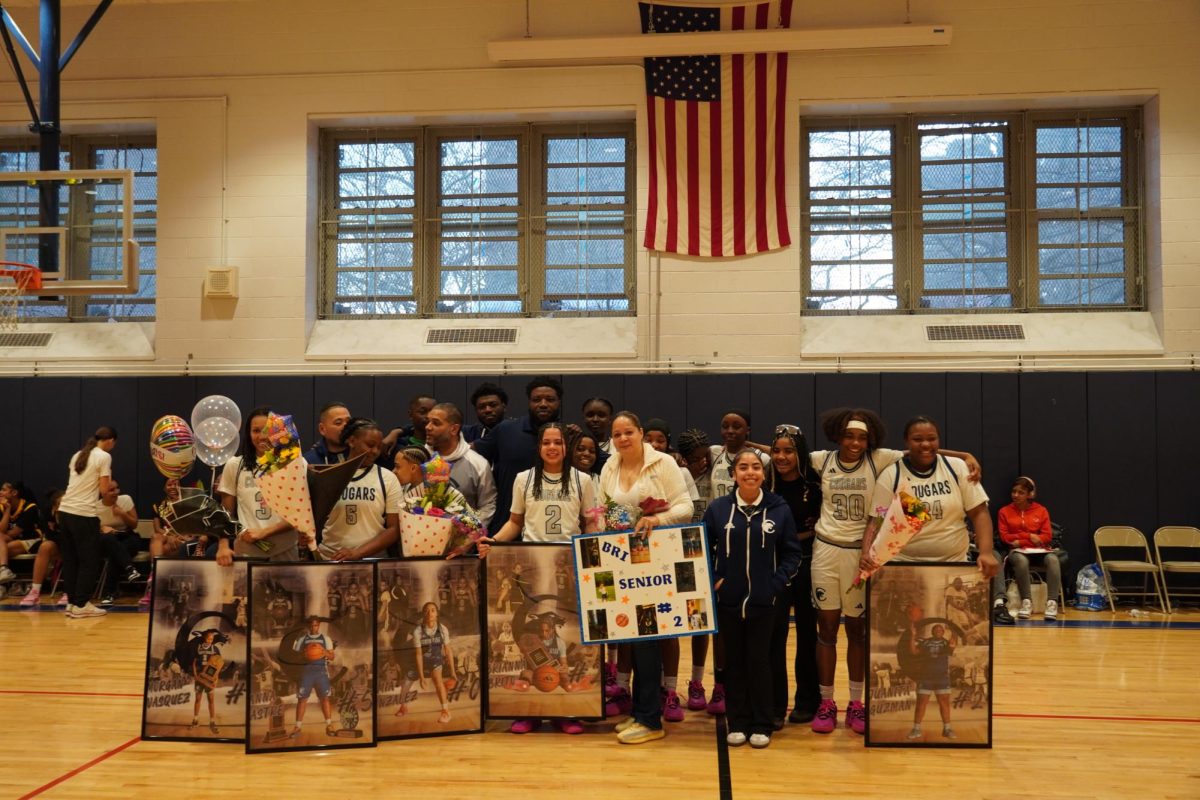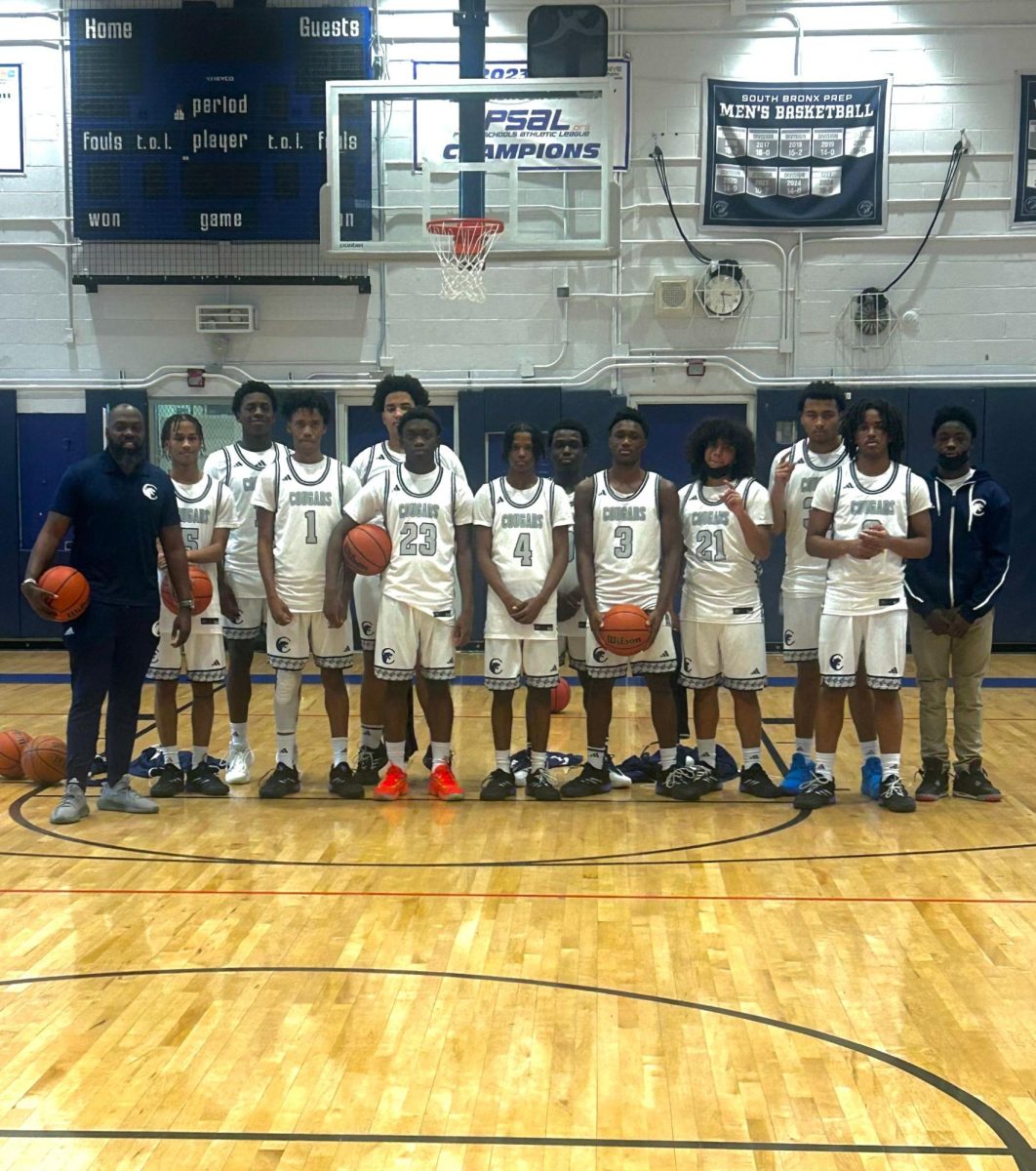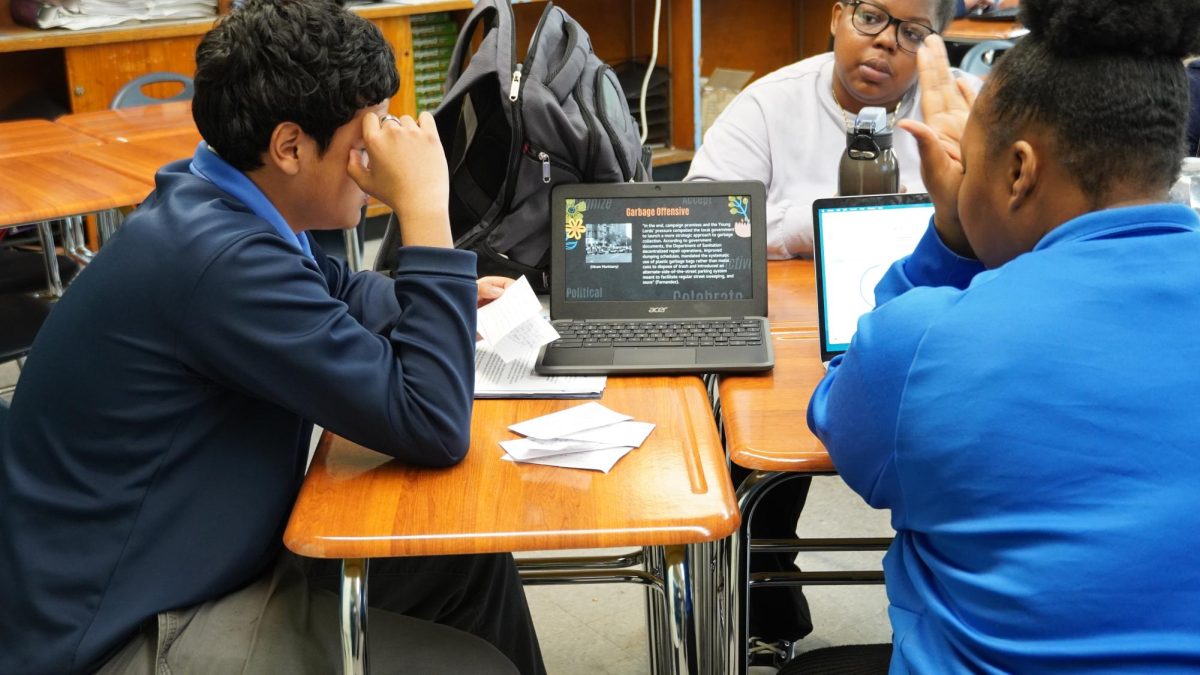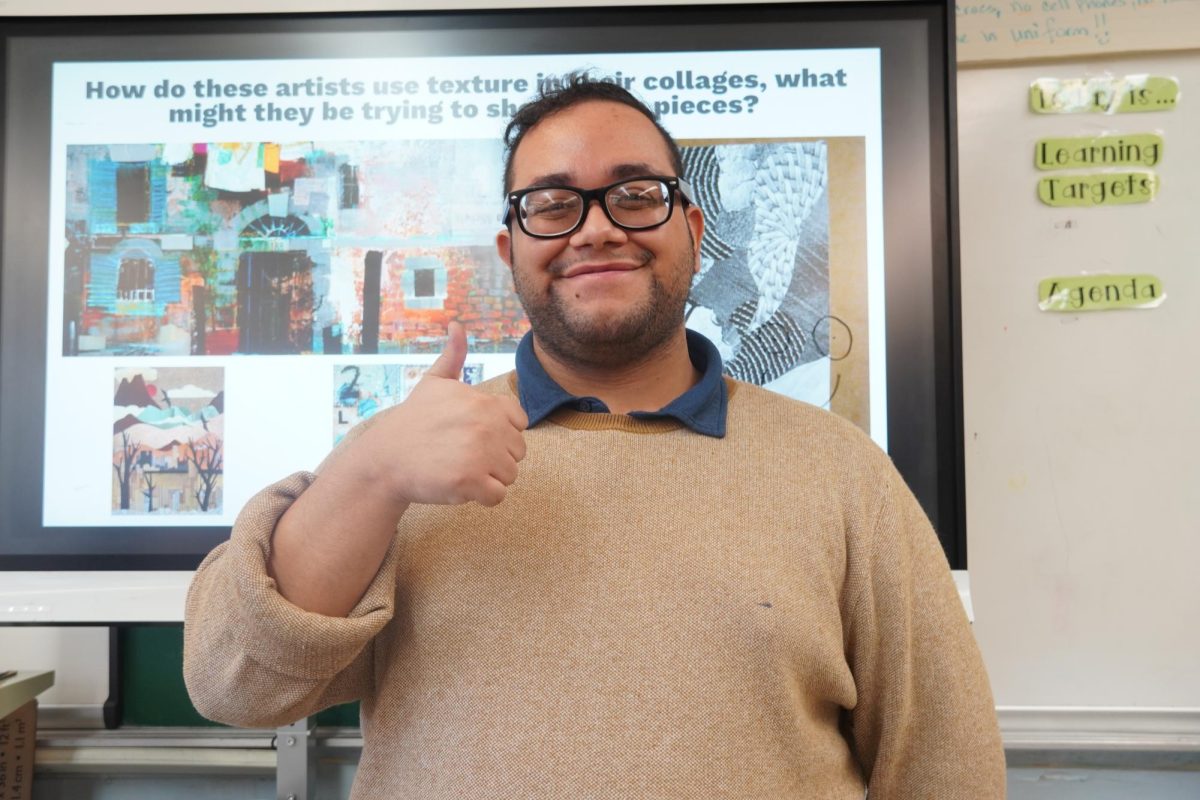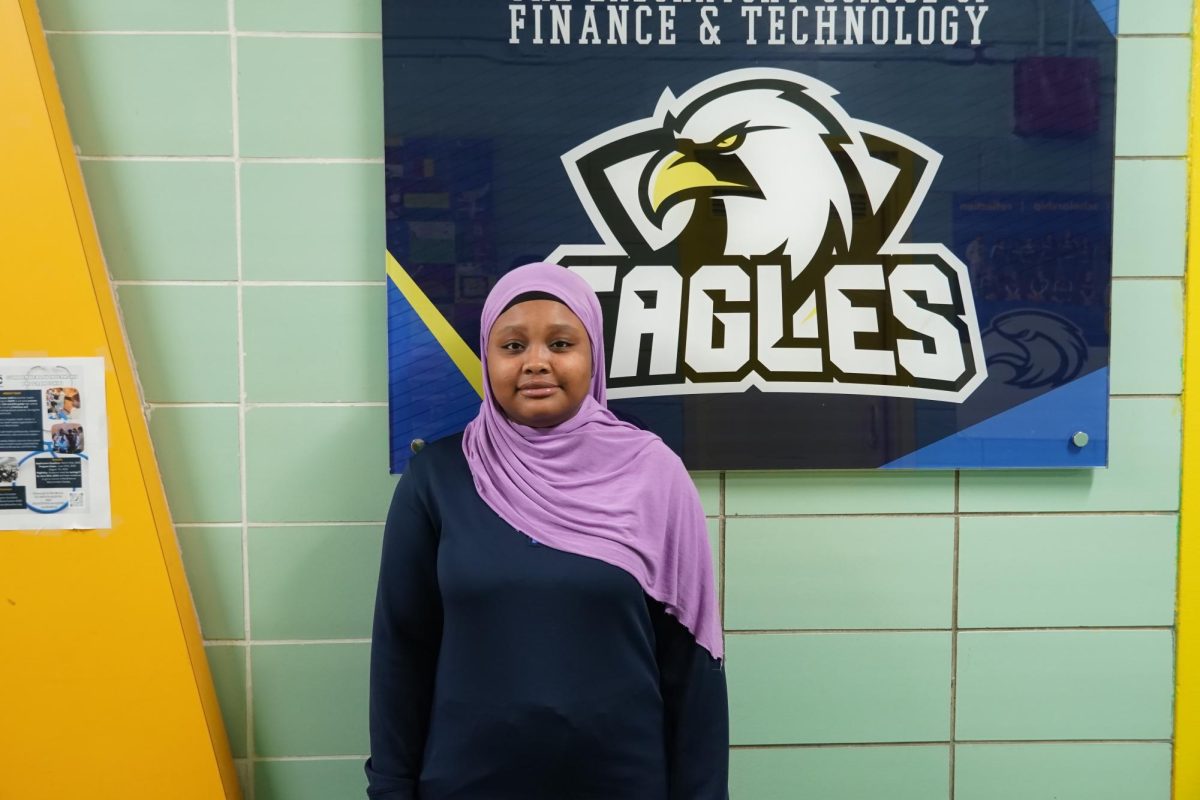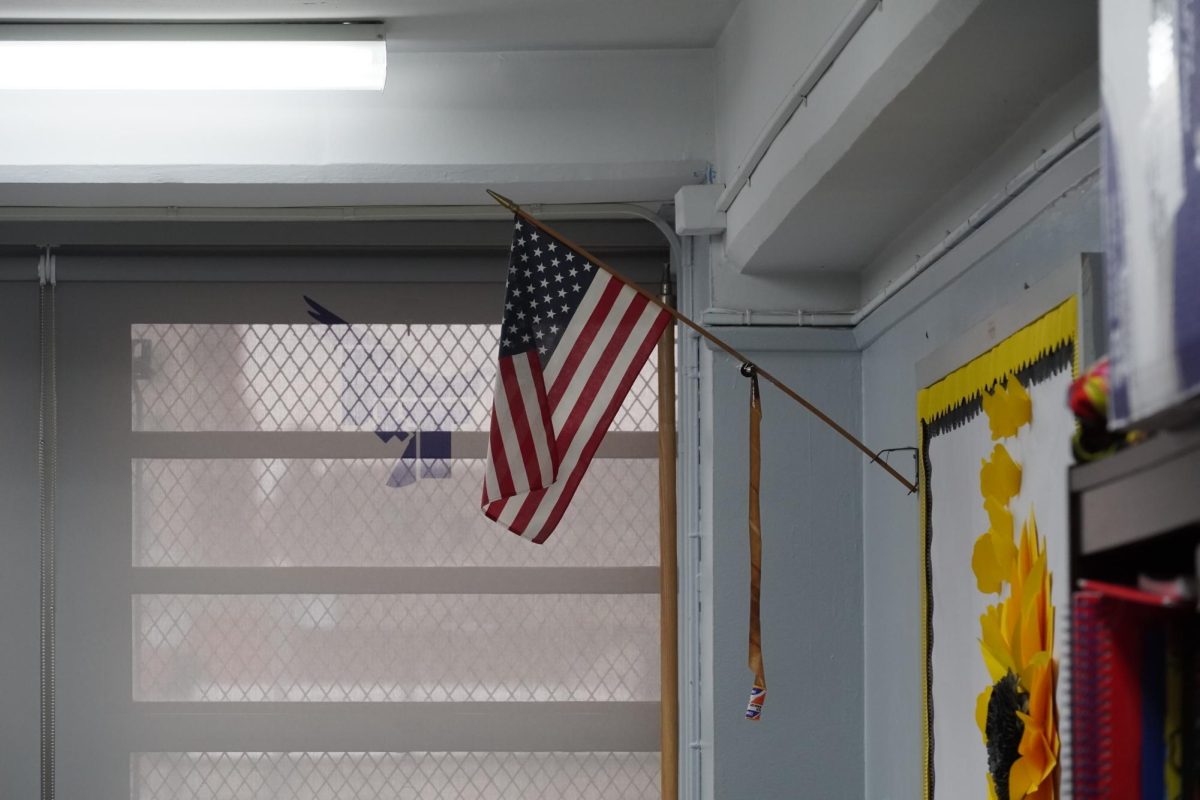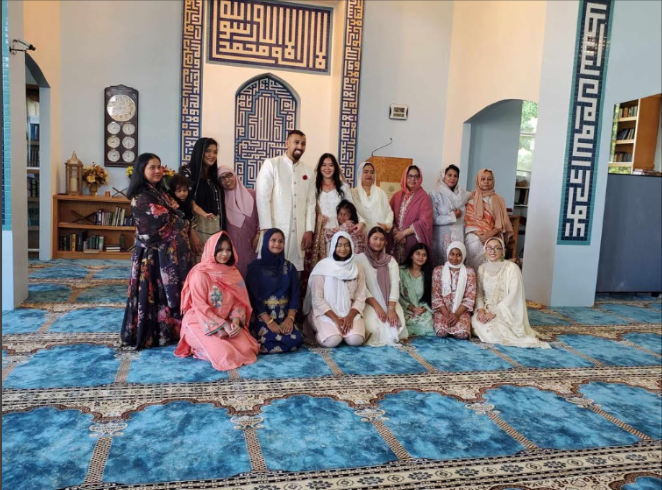As we watch the first crescent moon of Ramadan rise in the night sky, we enter a month of significance for millions of Muslims around the world. Ramadan is a time of fasting, praying, reflecting, and building a community. As a community, we believe that it is essential to explore the basics of Ramadan, its meanings, and hear from some of our 223 Muslim community about their experiences during this holy month.
Ramadan takes place during the ninth month of the Islamic lunar calendar and is a time of great importance
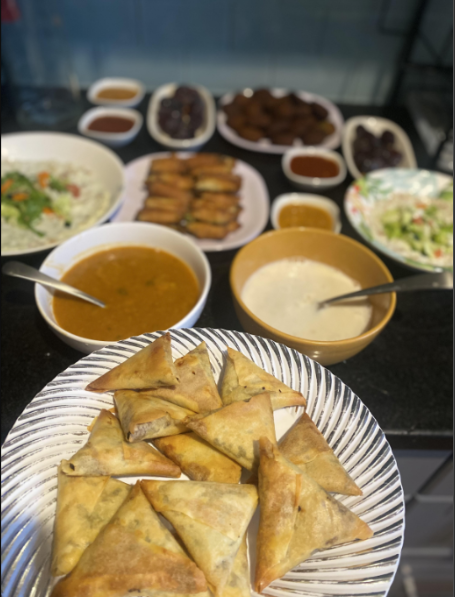
for Muslims. It commemorates the moment when the Quran, the holy book of Islam, was first revealed
to Prophet Muhammad. During Ramadan, Muslims fast from sunrise to sunset, refraining from eating and drinking. But fasting is more than just abstaining from food; fasting represents self
-discipline and empathy for those less fortunate. Each day begins with Suhoor, the pre-dawn meal, and ends with Iftar, the evening meal, often shared with family and friends. Ramadan is also a time for personal growth and spiritual reflection. Muslims intensify their prayers, engage in acts of charity, and see forgiveness for their actions. This month is an opportunity to cleanse the soul, strengthen the connection with God, and deepen faith.
223 Voices:
Several individuals of the 223 Muslim community shared their experiences during Ramadan.
Safa Al-Omari, a senior at HS 223, said, “Ramadan means a lot to me because it’s one of the holiest months of Islam and I just feel like I can be the best version of myself. It has a big change on my routine, including my sleep schedule and my diet. Also, I tend to focus less on school and focus more on my religion, I read more Quran and I obviously don’t listen to music.”
Al-Omari values the holy month as it allows her to seek her religion in the midst of the demanding academic year. Al-Omari advocates for the knowledge of Ramadan in the school since “A lot of people think that we just don’t eat like the whole day and I have to make sure they understand that we fast from sunup to sundown. They don’t know what’s forbidden in Islam and how it’s important to not do certain things during Ramadan.” She addresses them with various factors such as writing articles since she is aware that others are uninformed.
Al-Omari reflects on how her teachers have taken initiative to better understand her culture. She mentions how her teacher had to tell the whole class not to play music or eat food around me. She assures that this moment was “..really touching since they knew what I was going through.”
Al-Omari provided insights about how COVID influenced Ramada, stating, “For COVID, it made it less lonely because a lot of my family won’t gather. They’ll just all eat a little bit and go back to their room which was not as fun as it was before.” She described how the pandemic had altered the traditional Ramadan family gatherings and their overall experience.
Abubakary Hydara, a junior at HS 223, stated that, “Ramadan is a month of discipline. I wouldn’t do certain things during Ramadan, it teaches me to be a better Muslim, it’s what I am working on. It’s carrying those bad habits out of Ramadan, and throughout the year and my life.”
When asked about any stereotypes or misunderstandings about Ramadan.
Hydara said, “My friends are very curious and they don’t know things about Ramadan, so I don’t blame them. They search it up online, but sometimes, they ask me but sometimes, it comes off ignorant but I know their intentions. I just try to explain to them in an understanding way and just teach them more about my religion. ”
Hydara related, “I remember one time, I was in Africa during Ramadan and I wasn’t fasting because I was pretty young. So I was in the village pretty much, and I saw my cousins, they go out to the farm at 5 or 6 in the morning, and I saw them fasting and digging up the weed and I was like, age shouldn’t be an excuse to not fast.”
Ramadan is a month of faith, reflection, community, and rejuvenation for Muslims in 223. By understanding its significance and hearing from our 223 community who observe this month, we can appreciate the values of unity, self-reflection, and empathy. This article aims to promote understanding and inclusivity, encouraging respect and appreciation for the diverse experiences of our students in the 223 community.


